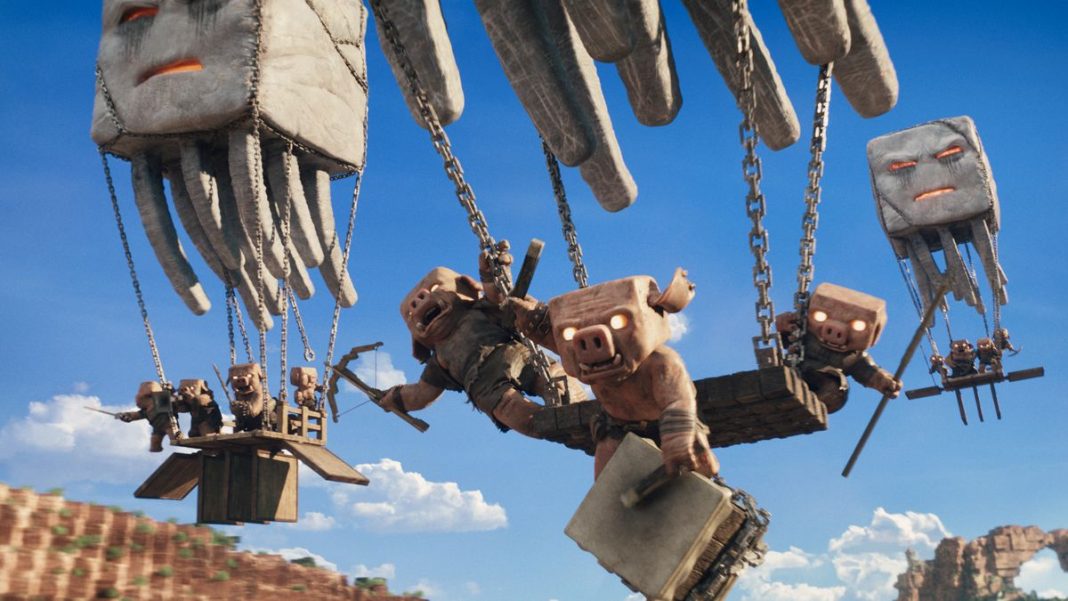In a dramatic turn of events, Warner Bros. Studio finds itself at the heart of a legal battle over billions of dollars. This high-stakes clash has gripped audiences and industry insiders alike, leaving many to wonder about the implications for the entertainment giant.
A Clash of Titans

The conflict centers around major contractual disagreements between Warner Bros. and some of its key partners and stakeholders. These disputes have resulted in significant financial claims, with industry experts estimating potential losses and gains in the billions. The stakes are high as each side presents evidence and arguments to bolster their position in this complex case.
At the core of this legal showdown are conflicting interpretations of agreements regarding intellectual property rights, revenue sharing, and distribution deals. Both sides have assembled robust legal teams, underscoring the importance of the outcome not only for the companies involved but also for the industry’s future.
This confrontation highlights the challenges faced by major studios in the rapidly changing entertainment landscape, where digital platforms and traditional media are locked in a relentless struggle for dominance.
Implications for the Entertainment Industry

The ramifications of this legal battle extend far beyond Warner Bros. The outcome has the potential to reshape contractual norms and business models across the entertainment sector worldwide. Smaller studios and digital platforms are keenly observing the proceedings, with hopes of finding innovative pathways for growth and collaboration.
If Warner Bros. emerges victorious, it could set a precedent that strengthens the negotiating power of large studios, potentially altering longstanding industry practices. Conversely, a loss could embolden content creators and platforms, challenging the supremacy of traditional media giants.
As the case unfolds, it serves as a pivotal moment for industry reform, urging stakeholders to reconsider and realign their strategies in a competitive market.
The Role of Digital Media

The traditional studio model, long a staple of Hollywood’s success, is increasingly challenged by rising digital media platforms. This legal battle exemplifies the tension between old and new media, where streaming services seek expanded roles and greater profit shares.
Warner Bros., known for its iconic franchises and cinematic legacy, must adapt to this shifting landscape. Understanding consumer behavior and technological advancements is vital as these new dynamics demand a more flexible, digital-forward approach.
The studio’s ability to navigate these challenges is crucial, as a successful adaptation could enhance its market position, while failure could lead to a diminished role in the entertainment hierarchy.
Financial Impact and Strategic Moves

The financial stakes in this clash are immense. Warner Bros. faces potential repercussions that could impact its bottom line, shareholder interest, and future investment strategies. As the industry watches closely, the studio must make calculated moves to safeguard its financial interests.
Strategically, Warner Bros. has been investing in technology and expanding its digital footprint, anticipating an industry-wide shift towards streaming and on-demand services. These initiatives are critical in securing a competitive edge in an increasingly crowded market.
The outcome of this legal battle could either bolster or undermine these efforts, influencing Warner Bros.’ strategic direction and decision-making in the years to come.
As the legal proceedings continue, all eyes remain on Warner Bros. and its adversaries. The consequences of this battle will likely shape the future of the entertainment industry, setting the stage for a new era of media evolution.
Source: Official Warner Bros. website.





